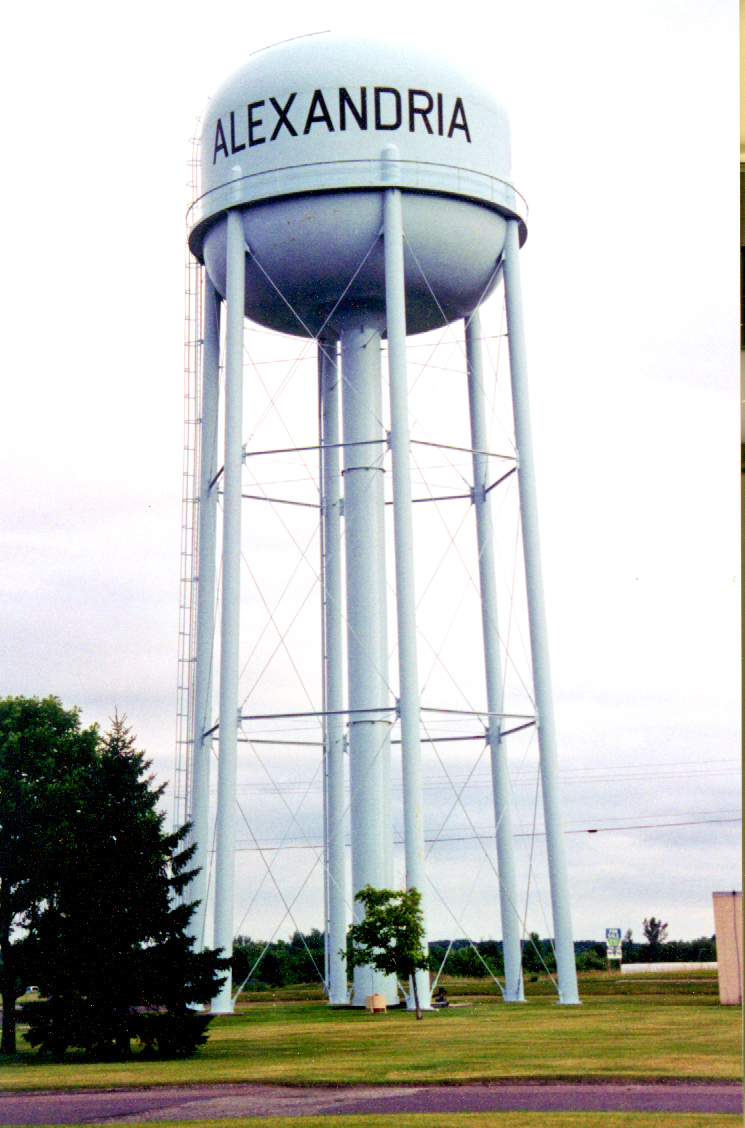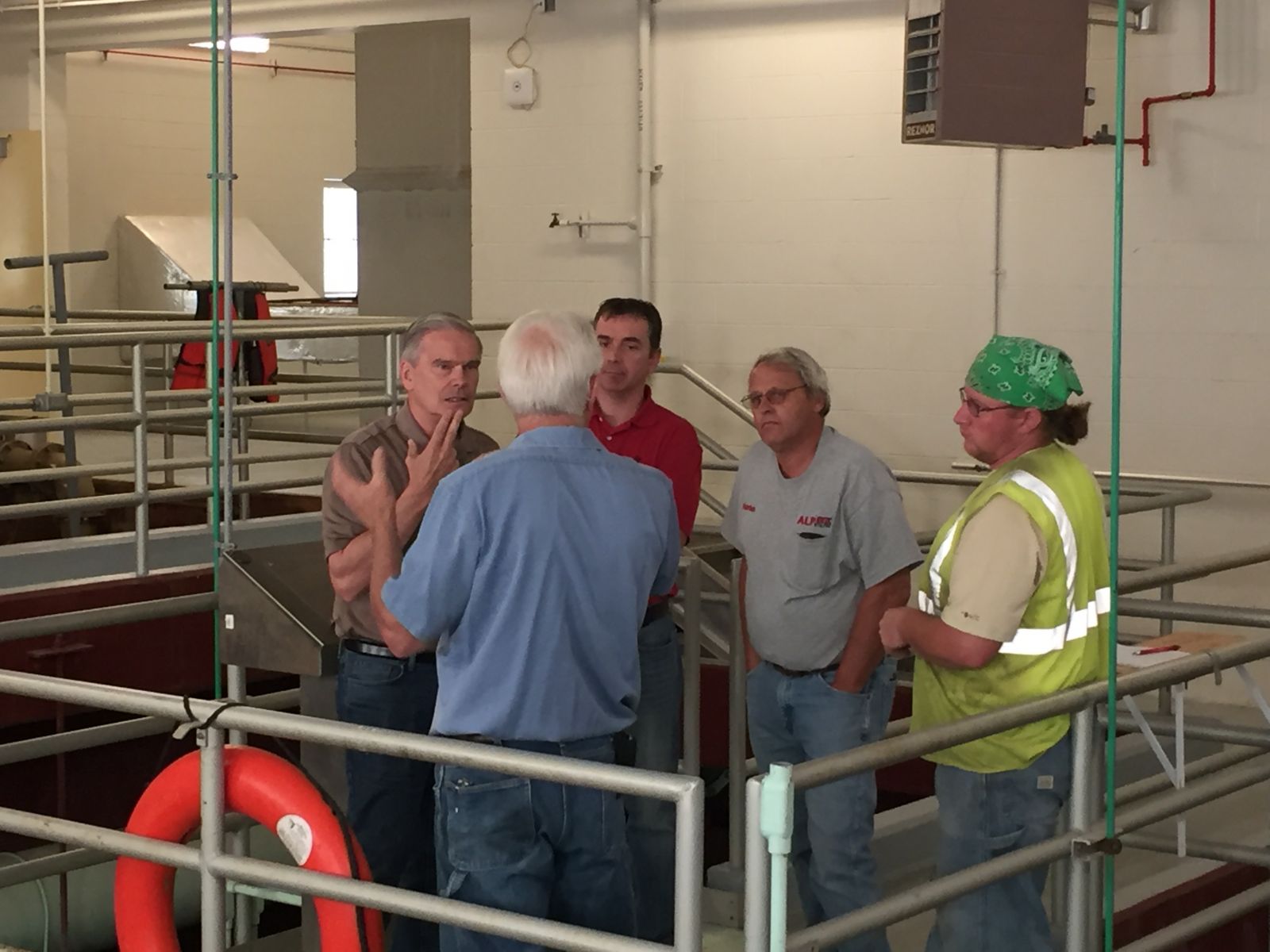Latest News
Harnessing Institutional Knowledge to Improve Plant Operations
By Tammy Jo Anderson Taft, Communications Specialist, AE2S
 Earlier this year, Alexandria Light and Power (ALP) faced an all-too-common problem for utilities across the nation. A long-time employee with decades of experience running the 4.3 million gallon per day (mgd) system was retiring. The loss of so much institutional knowledge would have a huge impact, so ALP started taking steps to prepare.
Earlier this year, Alexandria Light and Power (ALP) faced an all-too-common problem for utilities across the nation. A long-time employee with decades of experience running the 4.3 million gallon per day (mgd) system was retiring. The loss of so much institutional knowledge would have a huge impact, so ALP started taking steps to prepare.
“I have worked with ALP for almost 15 years and they reached out to ask us if we could help,” Richard Wagner, Assistant Operations Manager for AE2S’s Moorhead and Fargo offices explained. Wagner coordinated a Water Treatment Plant (WTP) visit with Dr. Delvin DeBoer, AE2S Senior Consultant. Dr. DeBoer toured the WTP and listened to employees.
“The most important question I ask is, ‘Why do you do the things you do?’” Dr. DeBoer said. After a few days with the WTP staff and a handful of days preparing reports, Dr. DeBoer was able to offer ALP something they needed – documented WTP operations based on institutional knowledge and a more comprehensive understanding of how the WTP performs and responds to changing parameters or conditions.
“It’s just building on what the operators already know,” Dr. DeBoer said. “This type of facility analysis expands what an operator already knows and can help them feel more confident about their operational decisions and approaches. It also enables operators to feel permitted to explore optimization opportunities.”
Dr. DeBoer said his work for ALP focused on helping the community make the transition. This included the often overlooked task of transferring knowledge of day-to-day procedures to new operators. “Even though they were backup operators, they didn’t really have a feel for what really happens in the plant. Part of the review was helping them understand the processes behind the scenes,” he explained.
The review included three main areas:
- Understanding the basics of the plant.
- Helping operators know those processes and understanding the control systems that guide those processes.
- Ensuring the new operators could collect and interpret process monitoring and water quality data required for compliance with the Safe Drinking Water Act.
High-quality water is the main goal, but helping operators of every age, ability, and background take ownership and pride in providing the highest-quality water possible is the reason Dr. DeBoer loves doing this type of analysis.
“I love the teaching aspect of this work and helping operators understand more of their systems,” said the retired South Dakota State University Environmental Engineering Professor. “The ultimate goal is to provide high-quality drinking water, and if the operators are equipped with the ability to do that with a high level of confidence, that’s really great. I love seeing them grow in their careers and having the capability and confidence to do what they do.”
What's New
-

Young Professionals Spotlight
March 25, 2024
-

APWA-MN Education Programs
March 25, 2024
-
Apply for the Young Professionals Stipend: Attend PWX Atlanta
February 23, 2024




